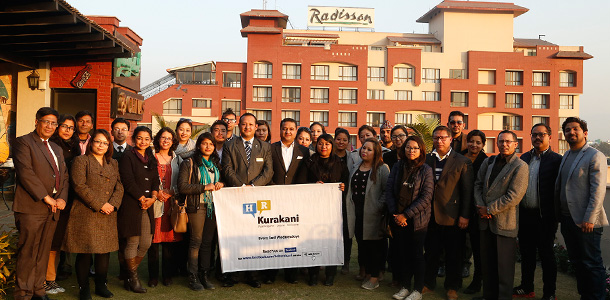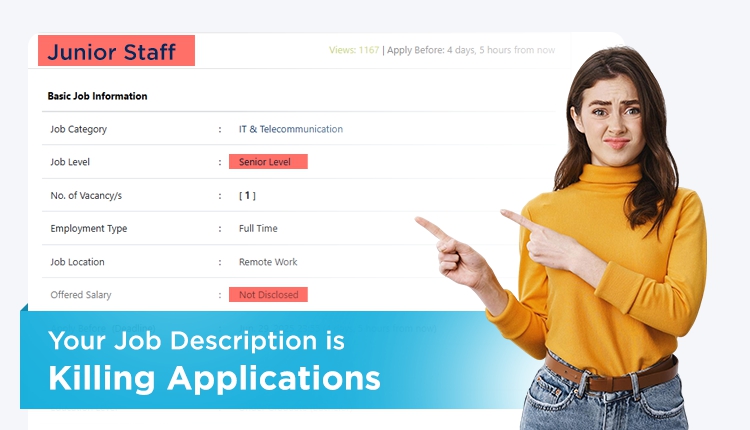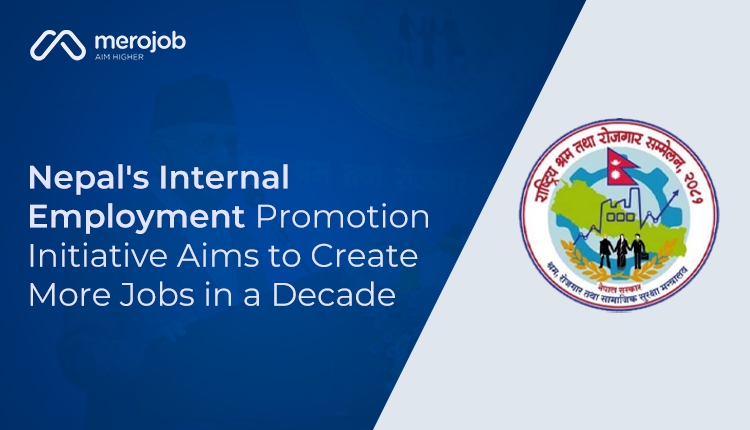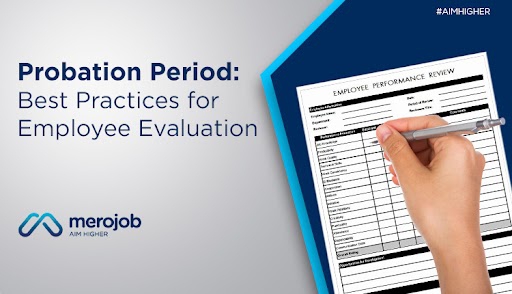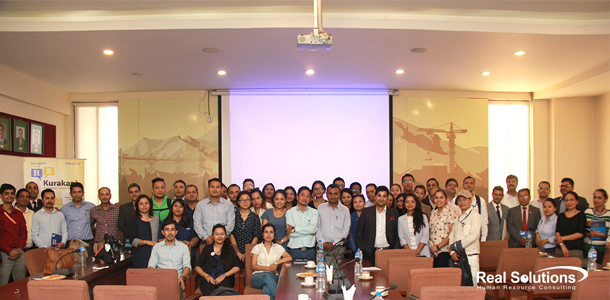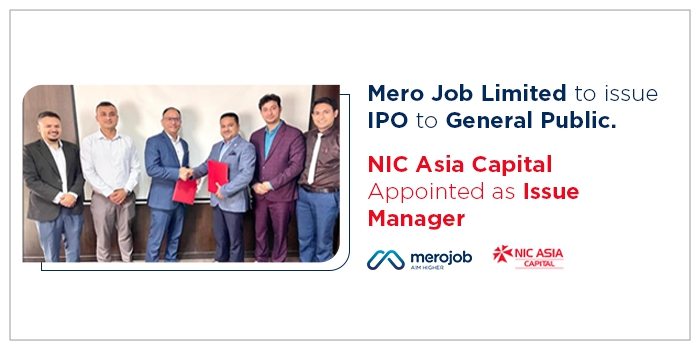Real Solutions organized its 57th HR Kurakani on 25th of January, 2017 at The Radisson Hotel, Kathmandu on the topic “Role of HR in Employer Branding”. HR Practitioners from 25 Different organizations participated in the discussion program.
Traditionally defined as the process involved in creating a unique name and image for a product/company in the consumers' mind, mainly through advertising campaigns with a consistent theme, branding today is not limited to this. Today, company’s brand is not only defined by how customers perceive it, but also on how employees and job seekers perceive the company and present it in front of others.
The level of employer branding can be assessed through various factors. For instance, if we ask someone where they would want to work, their answer will reflect the branding of that particular company. If we take the employment scenario of Nepal, we find that most of the jobseekers want to work either in banks or at INGOs. This is probably because of the branding these organizations have created in terms of compensation & other benefit packages.
So, why is employer branding becoming so important and what is the role of HR for the same? Generally, employer branding reflects the attitude and behavior of the company/HR towards its employees and employer branding is done basically to attract new talent or to retain existing ones.
It is very crucial for HR to understand what employees are looking for in a job they are pursuing or are looking for. Learning what people expect when joining their organization will help in bridging the gap between expectations and reality for both the employers & jobseekers/employees.
There are many factors that play major role in employer branding, of which, the most popular ones are identified as salary, prestige, recognition, retreat, recreational activities, etc. Employers need to have clear idea on what kind or type o employee they are looking for a certain job position. Also, small gestures like birthdays celebration, word of praise, etc matters a lot.
The way an organization treats and cares for their employees is one factor that shapes their branding in the employment market. For instance, employees of the organization might be talking to potential candidates every day. Positive words about the company being spread by the employees themselves are the best and most unbiased form of feedback ever.
How can HR foster employer branding?
Focusing on these factors can assist HR in creating employer branding in the job market:
- Salary
- Incentives &other benefits
- Job security
- Pleasant working atmosphere.
- Work-life balance, flexible work hours.
- Career progression opportunities, etc.
Aside from employer branding, Employee Value Proposition (EVP) is another thing that has been drawing attention of the HR practitioners today. Defined as a set of associations and offerings provided by an organization in return for the skills, capabilities and experiences an employee brings to the organization, it includes all of the pay, benefits, rewards, and perks that come with being an employee of that organization. Basically, it defines why an employee would want to work there as opposed to finding a job somewhere else.
Incorporation of presenting proper employer branding and employee value proposition strategy in overall organizational strategy is becoming one of the major concerns of HR practitioners today. Creating a workplace where everyone loves working and the remaining would love to work is ultimately how an HR creates employer branding.
Developing & implementing employer branding strategy is thus becoming increasingly important in today’s competitive job market.
Real Solutions Pvt. Ltd. would like to thank all the participants for their valuable contribution throughout the discussion and also encourage HR practitioners from various organizations to join the discussion in the near future.
